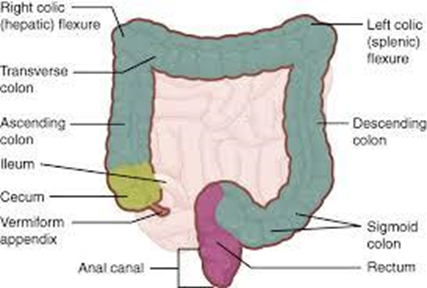What is the role of the helper T-cells in cell-mediated immunity?
Produce chemicals that regulate the level of the immune response.
Recognize foreign antigens and initiate an immune response
Chemically destroy foreign antigens by disrupting cell membranes.
Create antibodies to target foreign antigens.
The Correct Answer is B
a. Produce chemicals that regulate the level of the immune response: While some T-cells can secrete cytokines that regulate the immune response, this is not the primary function of helper T-cells.
b. Recognize foreign antigens and initiate an immune response. Helper T-cells (Th cells) are a type of lymphocyte crucial in cell-mediated immunity. They play a central role in recognizing and identifying foreign antigens (substances recognized as foreign by the immune system). Once they recognize an antigen, they activate other immune cells like cytotoxic T cells and B cells to mount an immune response.
c. Chemically destroy foreign antigens by disrupting cell membranes: This is the function of cytotoxic T cells, not helper T-cells.
d. Create antibodies to target foreign antigens: Antibody production is the function of B cells activated by helper T-cells.
Nursing Test Bank
Naxlex Comprehensive Predictor Exams
Related Questions
Correct Answer is A
Explanation
A. Loop of Henle:After the glomerular filtrate passes through the proximal convoluted tubule, it enters the Loop of Henle. This component of the nephron is responsible for further concentrating the filtrate and plays a critical role in urine concentration.
B. Bowman's capsule:Bowman's capsule is where glomerular filtration begins. It collects the filtrate from the glomerulus, but it is not where filtrate goes after the proximal convoluted tubule.
C. Collecting duct:The collecting duct is the final segment of the nephron where urine is collected after it has passed through the Loop of Henle and distal convoluted tubule. It does not receive the filtrate directly from the proximal convoluted tubule.
D. Glomerulus:The glomerulus is a network of capillaries where filtration of blood occurs, producing glomerular filtrate. It is not a component that the filtrate enters after the proximal convoluted tubule.
Correct Answer is B
Explanation
a. Splenic flexure: This is the bend between the transverse and descending colon on the left side, also known as the left colic flexure.
b. Right colic flexure: The hepatic flexure, also known as the right colic flexure, is the bend between the ascending and transverse colon near the liver.

c. Pontine flexure: This refers to a bend in the developing brainstem, not the colon.
d. Left colic flexure: This is another name for the splenic flexure, not the hepatic flexure.
Whether you are a student looking to ace your exams or a practicing nurse seeking to enhance your expertise , our nursing education contents will empower you with the confidence and competence to make a difference in the lives of patients and become a respected leader in the healthcare field.
Visit Naxlex, invest in your future and unlock endless possibilities with our unparalleled nursing education contents today
Report Wrong Answer on the Current Question
Do you disagree with the answer? If yes, what is your expected answer? Explain.
Kindly be descriptive with the issue you are facing.
